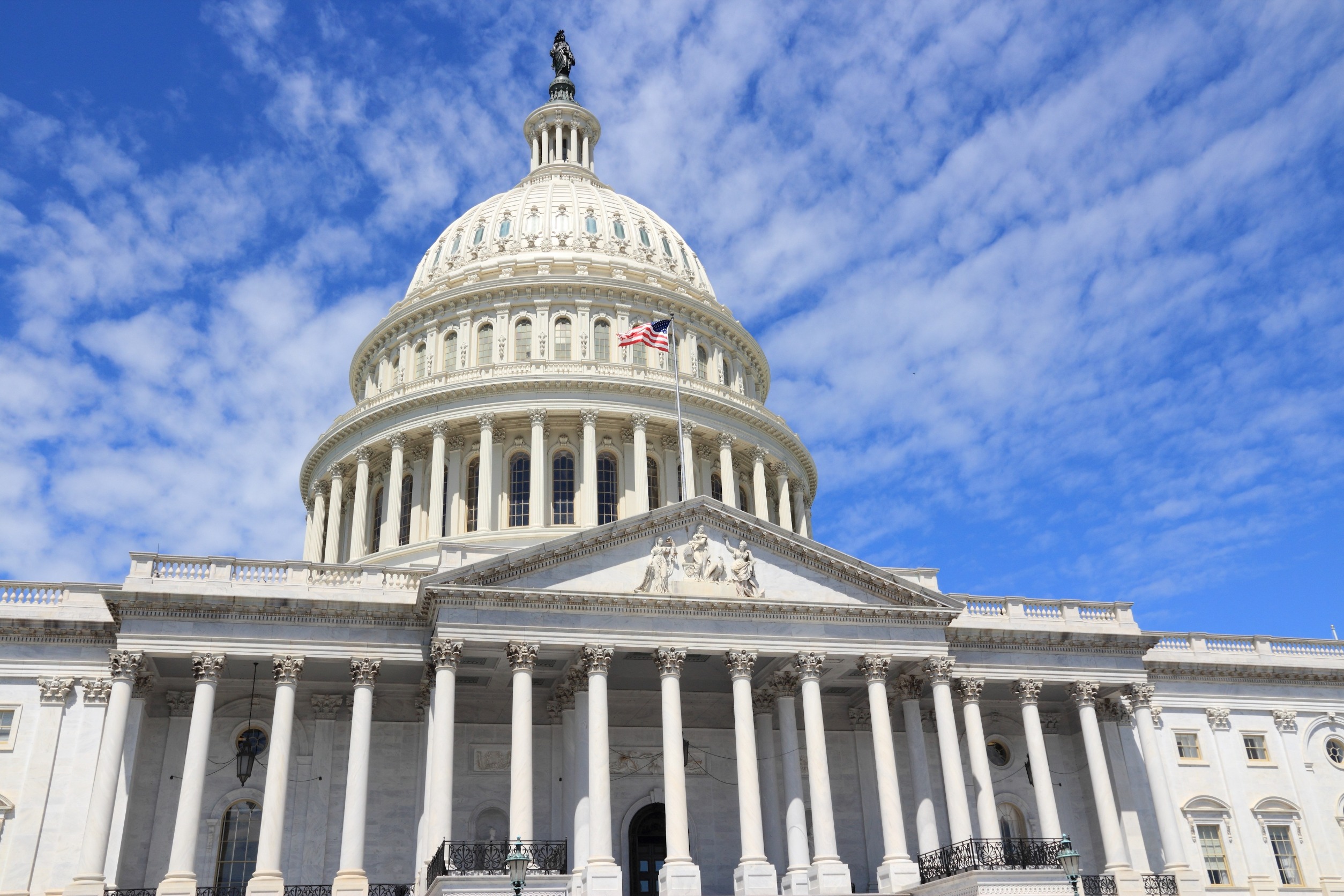Diane Daniel | December 2011 Issue
Fair-trade holiday gifts might include coffee, chocolate and handmade crafts. But what about the Christmas tree? Danish tree farmer Marianne Bols made an unpleasant discovery when she and her husband, Lars, started the Bols Planteskole nursery and began to grow Nordmann Firs, which is a popular Christmas tree, especially in Europe. When the Bols traveled in 1989 to what is now the Republic of Georgia—the leading source for the tree’s seeds—the couple found that workers harvesting the seeds were underpaid, had few rights and were not given basic safety gear. Without this equipment, workers had to climb without ropes up trees as high as 100 feet to gather the seeds.
After several years of advocating for improved working conditions independently, the Bols established the Bols Xmas Tree Fund in 2007 to raise money for workers, their families and their communities. In collaboration with Fair Trade Denmark, the Bols established a Fair Trees brand. Recognition came last year when Marianne Bols connected with Teresa Owen, who runs Fairwind, a fair-trade gift business in London. Owen started a marketing campaign and sold the trees out of her own shop, which she continues to do this holiday season. She even procured a Fair Trees endorsement from British pop sensation Katie Melua, who was born in Georgia. The program got another boost last December, when BBC News aired a documentary about the plight of Georgian workers and the Bols’ Fair Trees project.
While Nordmann Firs are not common in American homes, the trees have become more popular in the past decade, thanks to their layered, dark-green needles and longer shelf life, says Greg Rondeau, sales manager at Holiday Tree Farms in Oregon, the country’s largest producer of Christmas trees. Holiday grows 50,000 Nordmann firs a year and uses seeds from Georgia. Rondeau wasn’t familiar with the fair-trade controversy. “Overall, sustainability issues are becoming more and more important in the tree industry,” he says.
The Bols expect tree sales to rise to 50,000 this year, as awareness spreads and they add outlets in Great Britain, Switzerland, Germany and the Netherlands.
“For each tree sold, we donate to the fund,” Marianne explains. “This year we’ve managed to set up traveling mobile health clinics to check out the kids. I’ve had only positive responses from consumers, but the most important response is what I get in Georgia, from thankful mothers.”
Photo: Ian Sane via Flickr
Christmas trees are not just for Christmas
More of Today's Solutions
Women in New Mexico make history with legislative majority
BY THE OPTIMIST DAILY EDITORIAL TEAM With 60 of the 112 seats in the state legislature, New Mexico women have set a new benchmark ...
Read MoreRat patrol: African rodents trained to sniff out smuggled wildlife products
BY THE OPTIMIST DAILY EDITORIAL TEAM Move over, sniffer dogs! Scientists in Tanzania are now using African giant pouched rats to locate smuggled wildlife ...
Read MoreNeed more vitamin D? Add these 5 foods to your diet
The shorter days of winter months means most of us are spending less time in the sunshine than we used to. As we head ...
Read MoreBritish 13-year-old finds hoard of Bronze Age artifacts with her metal detector
Thirteen year old Milly Hardwich was using her metal detector for the first time in Royston, England when she came upon something unexpected. Milly ...
Read More










